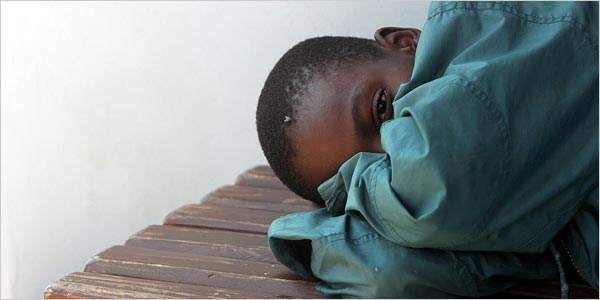
Malaria is caused by a parasite called Plasmodium, which is transmitted via the bites of infected mosquitoes. in the human body, the parasites multiply in the liver, and then infect red blood cells. Usually, people get malaria by being bitten by an infective female Anopheles mosquito. only Anopheles mosquitoes can transmit malaria and they must have been infected through a previous blood meal taken on an infected person. When a mosquito bites an infected person, a small amount of blood is taken in which contains microscopic malaria parasites. about 1 week later, when the mosquito takes its next blood meal, these parasites mix with the mosquito’s saliva and are injected into the person being bitten.
Because the malaria parasite is found in red blood cells of an infected person, malaria can also be transmitted through blood transfusion, organ transplant, or the shared use of needles or syringes contaminated with blood. Malaria may also be transmitted from a mother to her unborn infant before or during delivery (“congenital” malaria).
Malaria Symptoms
Symptoms of malaria include fever and flu-like illness, including shaking chills, headache, muscle aches, and tiredness. Nausea, vomiting, and diarrhea may also occur. Malaria may cause anemia and jaundice (yellow coloring of the skin and eyes) because of the loss of red blood cells. Symptoms usually appear between 10 and 15 days after the mosquito bite. If not treated, malaria can quickly become life-threatening by disrupting the blood supply to vital organs. Infection with one type of malaria, Plasmodium falciparum, if not promptly treated, may cause kidney failure, seizures, mental confusion, coma, and death. in many parts of the world, the parasites have developed resistance to a number of malaria medicines.
Treatment of Malaria
Medical treatment should be sought immediately.The effectiveness of antimalarial drugs differs with different species of the parasite and with different stages of the parasite’s life cycle. Your physician will determine the treatment plan most appropriate for your individual condition.
Drugs include chloroquine, mefloquine, primaquine, quinine, pyrimethamine-sulfadoxine (Fansidar), and doxycycline. Some plasmodium have developed resistance to certain medications, and therefore, alternative medications will be prescribed for you.
Find powerful herbal remedies
Home Remedies for Malaria from herbalcureindia
Prevention of Malaria
No prophylactic regimen gives complete protection. Speak with your physician or local travel clinic to receive up to date information about the best malaria protection for you. Effectiveness of any given medication varies by the region of the world in which you plan to travel. Effectiveness also varies from year to year, so current information is essential.
Prevention is based on:
evaluating the risk of exposure to infection
preventing mosquito bites by using DEET mosquito repellant, bed nets, and clothing that covers most of the body
chemoprophylaxis (preventive medications)